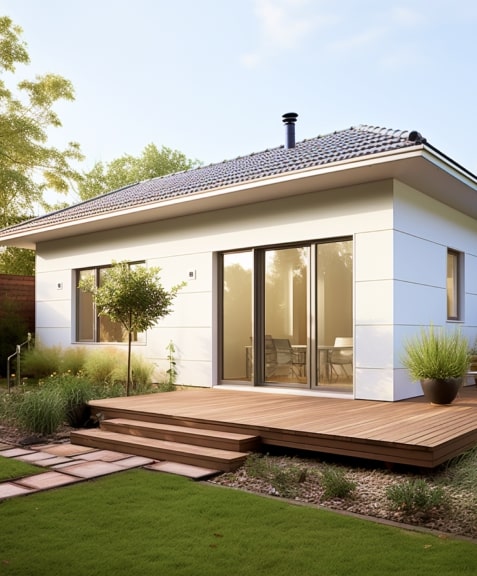
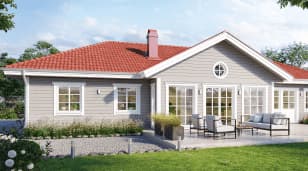
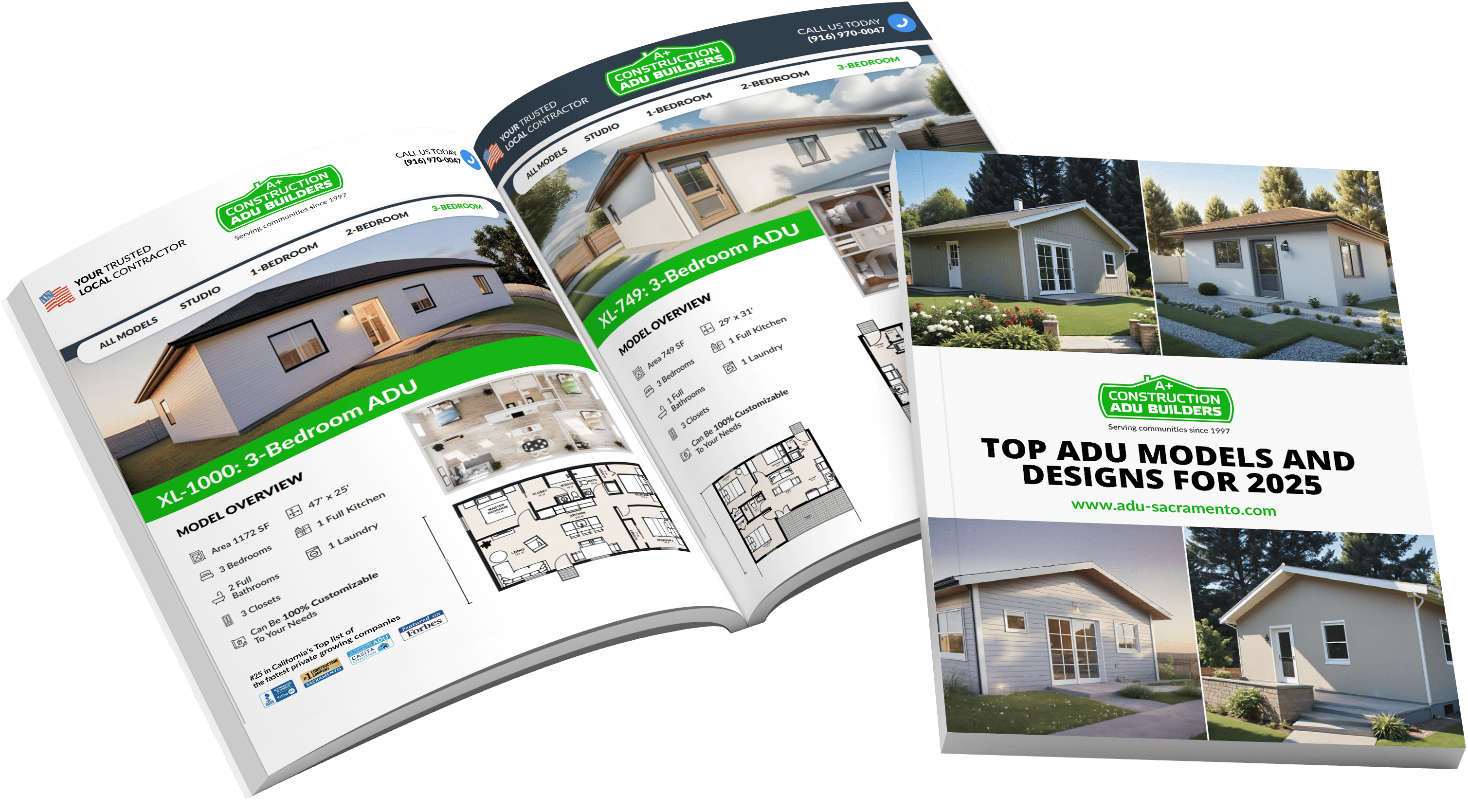

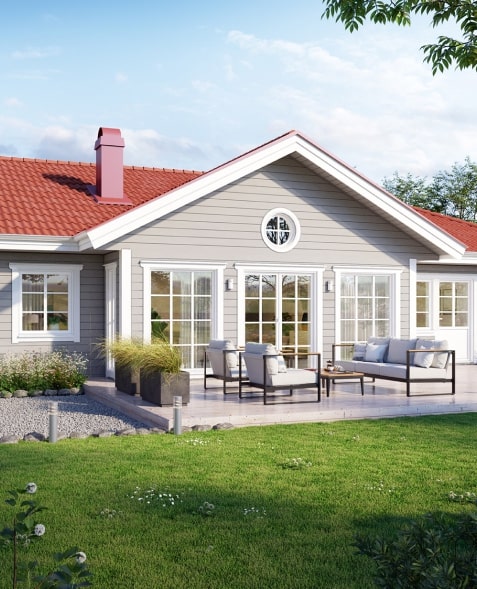
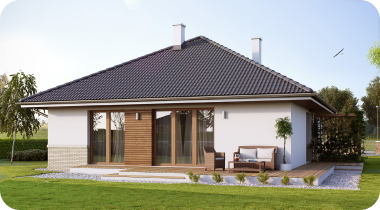
A link to download your FREE brochure will be in your inbox in 3 minutes
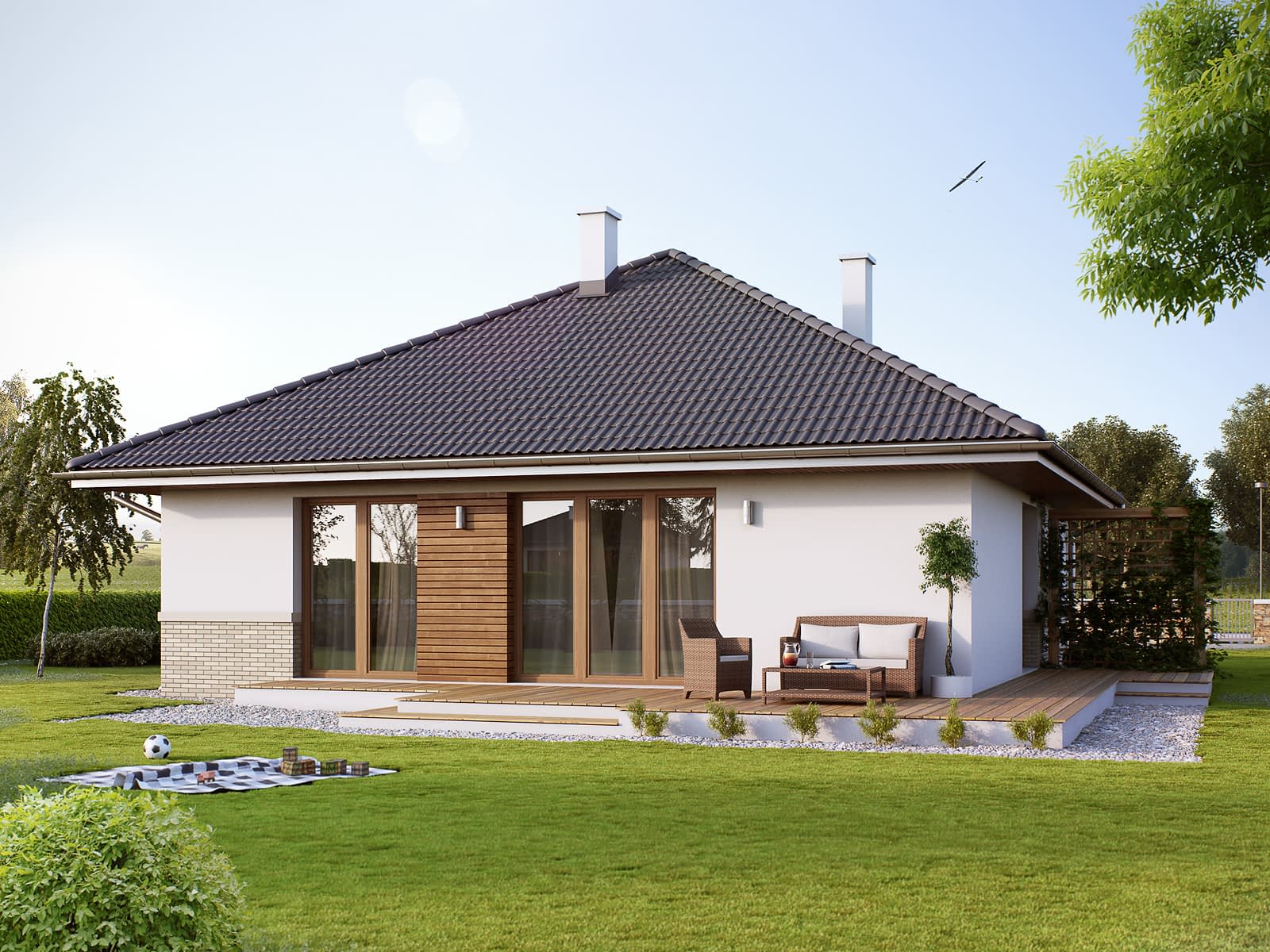





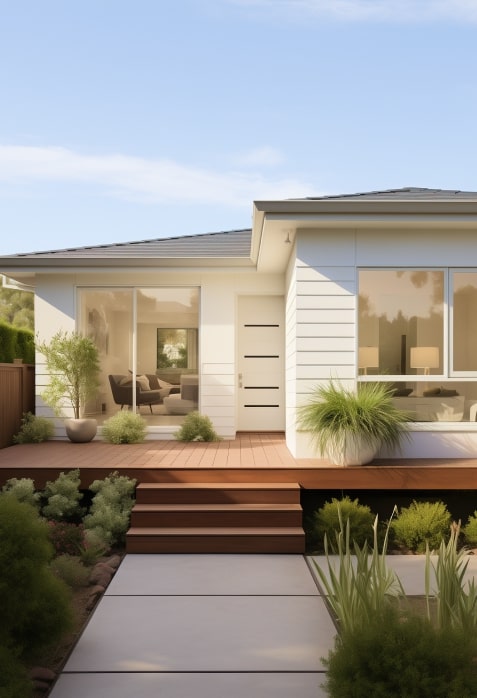
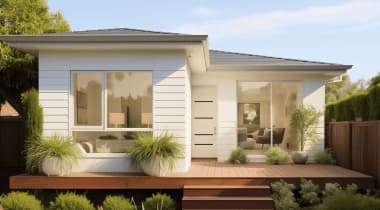











The final price may vary based on project specifics.
To get a free accurate quote tailored to your needs, book a consultation with us today!

The price per square foot provided is an average and may vary depending on project-specific details such as materials, location, complexity, and other factors. Actual costs may differ from the average provided.
It is recommended to obtain a detailed quote based on the specific requirements of your project.

Please note that the monthly payment displayed on this page is an estimate and is subject to variation based on the selected loan product, applicants credit score, loan amount, and other financial details. Actual monthly payment may differ from the estimate provided.
It is recommended to seek advice from a financial advisor or loan officer to obtain precise payment information tailored to individual circumstances.
 Your Trusted
Local Contractor
Your Trusted
Local Contractor
Picture this: a home within a home, a harmonious blend of privacy and community, a touch of nostalgic charm coupled with modern ingenuity. Welcome to the fascinating world of Accessory Dwelling Units (ADUs)!
It’s time to explore this versatile living space concept that’s transforming the American housing scene.
As the dusk unfurls into a star-lit night, let’s pause for a moment and ponder over the question: why should you consider adding an accessory dwelling unit to your property?
This stand-alone unit nestled in your backyard or basement apartment is not merely an additional construction on the same grounds; it’s a magical amalgamation of opportunities and aspirations.
Imagine your adult child returns home after graduation, filled with dreams yet yearning for a touch of independence. Or consider an aging family member, who seeks the comfort of family proximity while cherishing personal space. An accessory dwelling unit is an answer to their prayers. This carriage house offers the perfect blend of house family members bonding and individual freedom with a separate entrance.
A world where every sunrise brings the promise of additional income – that’s what an ADU or guest house unlocks for property owners. These carriage houses have been around since the World War II as a solution for extra living space. Whether you rent out your ADU house monthly or transform it into a vacation rental, the ADU is a mine of rental income potential. It’s an investment that keeps rewarding.
In a world where cost-effective housing is a pressing concern, accessory dwellings, granny flats, backyard cottages, or accessory apartments stand as the symbol of hope. They offer a cost-effective living solution for renters and a financially rewarding prospect for homeowners. An ADU housing unit is a testament to the fact that affordable housing options can coexist with profitability.
An Accessory Dwelling Unit (ADU) or a granny flat is a compact, self-contained small dwelling unit located inside the existing structure as an existing single-family home, typically in residential areas. Imagine an extension to your existing home, yet distinct and independent.
An ADU apartment can take a physical form of:
From housing an adult child to accommodating a guest, these laneway houses serve a multitude of purposes.
Take a step further into the realm of ADUs and tiny houses, and you’ll find the attached ADU, seamlessly merging with your main house. As the name suggests, attached ADUs share a common wall with the primary house.
An attached ADU shares a common wall with your primary house. It may be:
An attached ADU is more than an expansion of your living space—it’s the perfect combination of proximity and privacy, as if it’s whispering to the main house, “I am a part of you, yet I am unique.” – read more about here – https://aplusconstructionremodeling.com/adu-builders/.
Detached ADUs are a realm of possibilities, from design to functionality. Here are a few forms detached units can take:
Nestled amidst a symphony of blooms, a garden cottage is the epitome of quaint charm and quiet comfort. Think ivy crawling up the walls, the chirping of birds as your morning alarm, and the rustle of leaves as your evening lullaby.
Bold, sleek, and modern, a backyard studio marries functionality with aesthetics. It’s a statement piece, a testimony of your taste for minimalist yet striking architecture. Picture large glass windows that bring in ample sunlight, the crisp lines of contemporary design, and a space that breathes creativity.
Hugged by the buzzing life of the city on one side and the quiet solace of your property on the other, a laneway house is an urban dweller’s dream. Here, the hustle and bustle of city life meet the comfort and familiarity of home.
Envision a home by your azure pool, where every day feels like a holiday. It’s a space filled with laughter, sunshine, and the scent of sunscreen. A pool house can be more than just a summer retreat; it can be a year-round haven.
Imagine the rustic charm of a renovated barn or the industrial edge of a revamped workshop. These secondary suites, or in-law units speak volumes of your unique style, all the while offering a spacious and habitable living space.
The term ‘ADU potential’ is akin to a treasure hunt for a property owner. It signifies the possibility of an accessory dwelling unit (ADU) on your property as per local regulations. This potential unlocks the doors to multifaceted benefits – from creating an additional income to pay for monthly expenses to offering a separate living space for an elderly family member. It could significantly boost your property’s worth and expand the housing options within your community.
An ADU Grant program is a government or organizational initiative designed to financially assist in the creation of accessory dwelling units. These programs cover part of the expenses associated with the ADU project, making it feasible for homeowners to add an ADU or a junior accessory dwelling unit to their existing space. Construction loans are a collective effort to increase the availability of inexpensive housing.
Imagine a guiding star in the financial cosmos of constructing an secondary dwelling unit – that’s what an ADU grant is. It’s a beacon of financial aid that helps homeowners in the construction or conversion of an ADU, promoting low-cost housing and diversifying housing stock.
Embarking on the ADU journey involves more than passion and resources; it requires an ADU permit. A permitted ADU require a legal sanction to construct or convert a living area into an ADU, ensuring that your project adheres to building codes, zoning regulations, and safety standards that permit ADUs. An unpermitted ADU poses risks like nonconforming units subject to citations, fees, and fines when detected.
The ADU Certificate is the finish line of your ADU project, the official acknowledgment that your ADU is a legal and habitable living area. This certificate verifies that your ADU has passed all the necessary inspections and adheres to the required safety and health standards. It’s the final seal of approval that crowns your ADU journey.
Yes, an ADU is considered a wise and smart investment. It not only enhances your property value but also provides a potential rental housing solution.
The ability to build an ADU depends on several factors, including local ADU regulations, property size, and zoning restrictions. It’s best to check with local authorities.
The cost of building an ADU varies widely based on factors like location, size, design, and amenities. You can offset some costs with grants, loans, and rental income.
Although ADU is a separate unit, it cannot be sold separately as it is typically part of the same lot as the primary residence. However, laws vary by location and type, so it’s recommended to check the regulations for both internal ADUs and garage conversions in your area.
Yes, ADUs and guest houses can significantly increase your property value. They provide additional living space, generate rental income, and increase versatility of your property, which are all attractive to potential buyers.
Yes, an ADU certificate is crucial as it validates that your ADU meets all health and safety standards and is deemed habitable. It’s a legal requirement.
While the addition of an ADU may increase your property’s assessed value, various factors influence how much your property taxes might increase. It’s advisable to consult with a tax professional or local tax authority.
An accessory dwelling unit can substantially increase the value of a home by providing supplemental income potential and multi-generational living benefits.
Get a First Look at Real ADU Projects